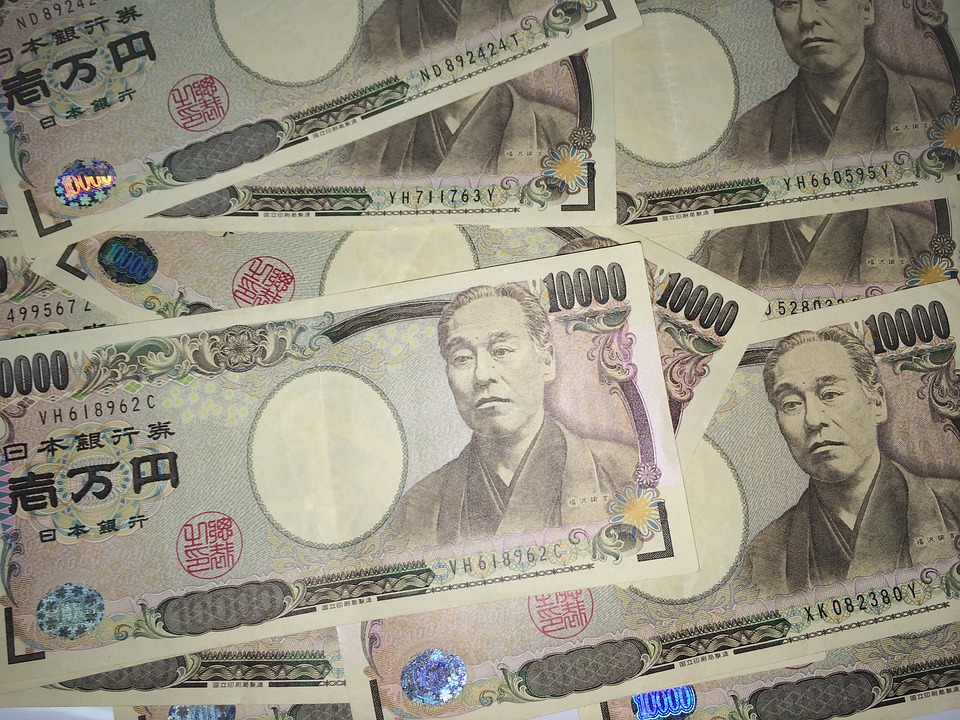The Bank Of Japan Just Contradicted Itself

Yen. Image Source: Pixabay
On one hand, the Bank of Japan says that it wants long-term interest rates to be dictated by market forces. On the other hand, the BoJ has been spending 6 trillion yen per month buying bonds to prop up its currency. In other words, it’s doing everything in the world to control short-term interest rates with bond-buying programs and yen interventions, free markets be damned.
Expected to discuss tapering more of its bond-buying program at its next meeting, BoJ governor Kazuo Ueda said, as reported by Reuters:
“Our basic stance is to allow long-term interest rates to be driven by market forces.”
Yet during a separate appearance at a meeting in Tokyo, BoJ deputy governor Ryozo Himino said:
“On the other hand, the BOJ has been deeply involved in the bond market up till very recently and our presence remains very large. We need to avoid causing discontinuity or any unintended moves in the market.”
It’s obvious to anyone paying attention that the BoJ has no interest at all in allowing anything remotely resembling a free market to take over. Indeed, the shock would be tremendous after decades of negative interest rate policy, but it’s laughable for any modern central bank to claim any embrace of “market forces.”
The entire point of a central bank is to attempt to override market forces with bond-buying programs and other monetary policy wizardry — a true embrace of free markets would mean that central banks no longer need to exist. Japan hasn’t let markets manage themselves for an incredibly long time.
As of this writing, the yen is up slightly against USD as the world awaits hints of what news might come from the BoJ’s meeting next week. Will it continue as-is, or will it taper its bond-buying program to foster tightened economic conditions after many years of holding interest rates at negative?
Yen vs USD, 1-Month
(Click on image to enlarge)

Without major foreign reserves other than US Treasuries, the BoJ may be forced to sell them to stop the yen from collapsing. This will drive up US Treasury bond yields and reduce the prices of those bonds, which will only weaken the yen further, leaving the BoJ trapped in a vicious spiral.
Inflation excluding fresh food in Tokyo jumped to 1.9% in May, supporting the case for the next Bank of Japan rate hike.
— Global Markets Investor (@GlobalMktObserv) May 31, 2024
This surge has been driven by higher utility costs.
The Tokyo inflation serves as a leading indicator for Japan's national trends. pic.twitter.com/zCO5jF9PO7
Once bond yields get too high, inflation often follows, leaving the Fed locked into a trap of its own where it has to interest lower rates to save the real estate and banking sectors. However, those rate cuts will contribute even more to inflationary pressure that’s already on its way to spinning out of control.
Meanwhile, central bank guessing games will continue to have banking industry insiders and disconnected Keynesian academics playing God with the economy — and the lives of citizens. Like all central banks, the BoJ is a house of contradictions and pseudoscience, with near-dictatorial power over the levers of finance. In the end, it isn’t the financial class who pays the price, but the people forced to use, save, and spend in devalued currencies that get micromanaged into fiat oblivion.
More By This Author:
Did An AI-Generated Bloomberg Report Just Send Berkshire Hathaway To Zero?Less Is More? Personal Technology & Real Estate Allocation
The Ideological Battle Behind The U.S. Debt Crisis



